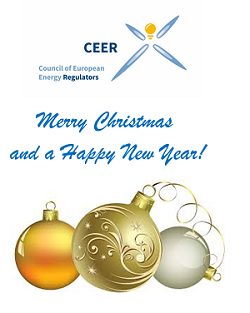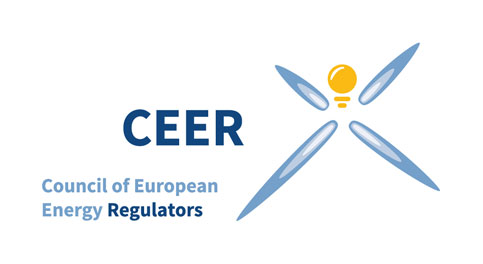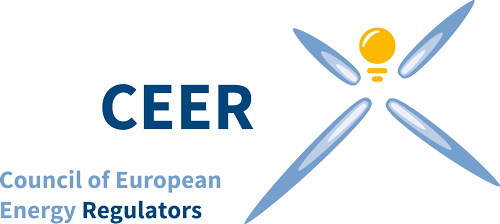December 2017

Editorial
 Helping to make energy markets function better and empowering customers to take a more active role in the liberalised energy markets has been a pillar of CEER’s work for many years. Our two latest reports further these goals. Our LNG report identifies barriers on LNG markets (in terms of services offered by terminals and the tariffs applied) and proposes ways to overcome them. Our updated recommendations on comparison tools seeks to future-proof comparison tools in the new energy market design so that they function effectively to the benefit of energy customers (see the feature article below).
Helping to make energy markets function better and empowering customers to take a more active role in the liberalised energy markets has been a pillar of CEER’s work for many years. Our two latest reports further these goals. Our LNG report identifies barriers on LNG markets (in terms of services offered by terminals and the tariffs applied) and proposes ways to overcome them. Our updated recommendations on comparison tools seeks to future-proof comparison tools in the new energy market design so that they function effectively to the benefit of energy customers (see the feature article below).
Last few days (until year end) to avail of the early bird registration for the World Forum on Energy Regulation in Mexico in March.
Thinking about your new year resolutions for your professional development? Check our CEER training courses on REMIT, on Legal issues and our joint CEER-FSR course on the fundamentals of energy regulation in 2018!
Regulators’ new future-proofed Guidelines of Good Practice on Comparison Tools in the New Energy Market Design
Comparison tools (often web-based) can make it easier for customers to access information on available offers when they are considering switching energy supplier.
CEER has published an update of its Guidelines of Good Practice (GGP) on Comparison Tools (CTs) in the New Energy Market Design. The update, which includes two new recommendations, builds on our (July 2012) original set of (14) recommendations on how comparison tools should function effectively to the benefit of energy customers offering neutral, objective and usable information on available offers.
These updated GGP should be considered as a list of best market practices, rather than a list of suggested legal minimum requirements for comparison tools.
Why did CEER review and update its (2012) Guidelines on Comparison Tools?
Energy markets are significantly evolving due to different factors, including new opportunities offered by the spread of advanced technologies, such as smart meters and smart grids, or by the emergence of new ways to enable consumers to play an active role, such as collective switching schemes or demand response schemes.
Given the technological developments, as well as a focus of the European Commission on comparison tools in the “Clean Energy for All Europeans” legislative proposals, CEER decided in 2016 to re-examine our existing guidelines. A public consultation was launched in November 2016, and the Evaluation of Responses, published today at the same link, notes those responses and CEER’s consideration of them.
What’s still valid in the CEER Guidelines on Comparison Tools in the New Energy Market Design?
International
Early bird registration for the World Forum on Energy Regulation Early (until 31 Dec. 2017)
Contact
Tel: +322 788 7330 or
+ 32 484 668 599

